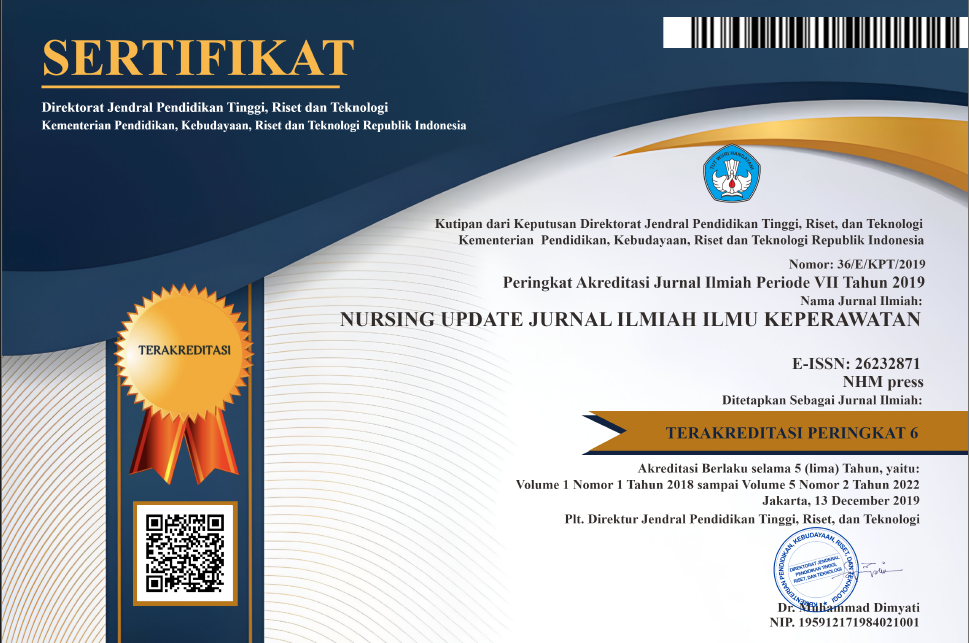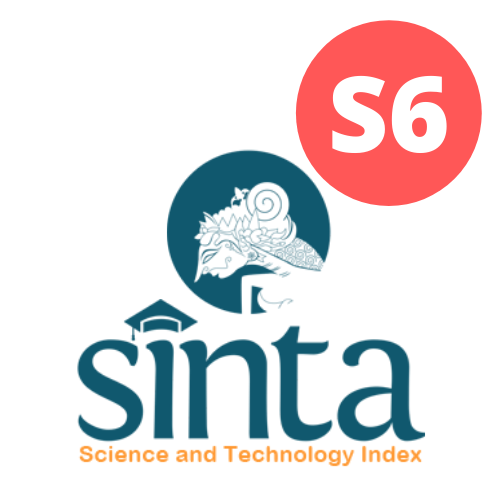THE RELATIONSHIP OF SELF ESTEEM AND PEER RELATIONSHIPS ON THE MENTAL HEALTH OF PRIMARY SCHOOL CHILDREN
Abstract
Background: Children's mental health is a condition where children are physically, psychologically, spiritually, and socially healthy so that they can socialize well, control their emotions, influence positive thinking, and handle stress. School-age children are in a period of forming self, moral, social, and emotional concepts, so if the child's growth and development are not achieved then the child cannot be controlled emotionally. Objective: This research aims to determine the relationship between self-esteem and peer relationships on the mental health of school children. Method: This research is a quantitative research with a cross-sectional method. The population in this study were students in grades 4-6 at SDN Kangenan 1 Pamekasan Regency with a total of 73 students. This research used Stratified Random Sampling techniques and obtained a sample of 73 students. The instruments used are the MHC-SF (Mental Health Continuum Short Form) to measure peer relationships and the RSES to measure self-esteem which consists of 10 Likert items. Results: Based on the Spearman test results, it was found that the p-value was 0.03 (<0.05). This means that there is a relationship between self-esteem and peer relationships. Conclusion: this research concludes that there is a relationship between self-esteem and peer relationships.










